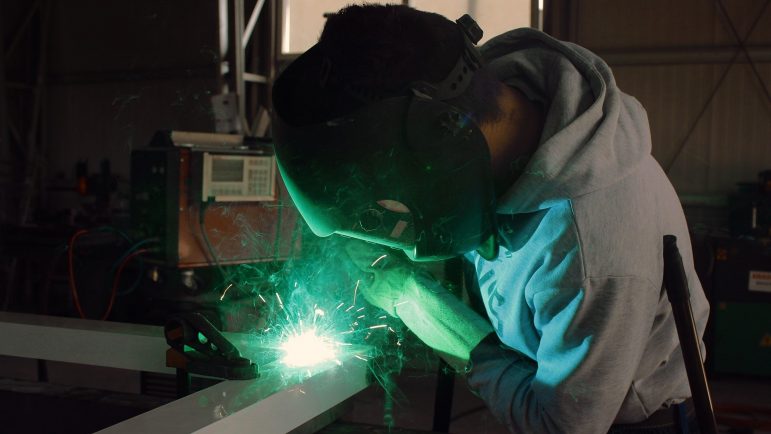Alabama needs more workers. That’s one of the messages from the “Education Matters” report released Tuesday by the advocacy group Business Education Alliance of Alabama. The state has a goal to produce 500,000 more highly-skilled workers by 2025 to replace retirees and better fit the jobs available. The report suggests better collaboration and better alignment between education and business are needed to get there.
The report points to two pipelines for finding those workers. The first is the traditional educational system, including pre-K programs, K-12 schools, and two-and four-year schools. The second pipeline consists of programs that help adults improve their education or skills, target unemployed or underemployed people and help released inmates find work after incarceration.
But the report says Alabama is trying to create a system from what has been an uncoordinated collection of educational, training and social programs related to the workforce. Jay Love, who is on the BEA’s advisory board, says the Alabama Workforce Council is trying to break down these silos.
“We’re not talking about changing the governance at all,” Love says. “What the workforce council has done is brought them all to the table and in the same room where they’re communicating.”
The report discusses concerns with Alabama’s measurement of “college and career ready.” A graduating high school student is considered prepared if he or she meets one of seven criteria such as a minimal score on the ACT or Advance Placement exams, earning an industry certification or enlisting in the military. While 90% of Alabama’s high school seniors graduated in 2018, only 75% were considered college and career ready. Furthermore, the report encourages policy makers to rethink whether this actually measures future success.
Love says a big concern is the misalignment between certifications students are receiving and the jobs available in Alabama. For instance, the Alabama Department of Labor projects about 7,700 manufacturing job openings in 2020, but only 1,450 people earned manufacturing certifications in 2018. At the same time, almost 9,000 people earned beef and pork inspection certifications in 2018. The demand for that type of work is far lower.
“We believe all credentials have value,” Love says. “But we also want to make sure the credentialing process is aligned with what the workforce needs.”
Love says the state must boost reading and math achievement. In 2019, Alabama 4th graders were 47th among states in reading and 50th in math on the National Assessment of Education Progress. Alabama 8th graders came in 48th in reading and 50th in math. He says the state also needs to expand its pre-K program, along with career and technical programs at the high school level.
“We feel very good about where we’re positioned,” Love says. “We want to make sure every student has every opportunity to be successful.”
Education Matters 2020 BEA … by WBHM News on Scribd

